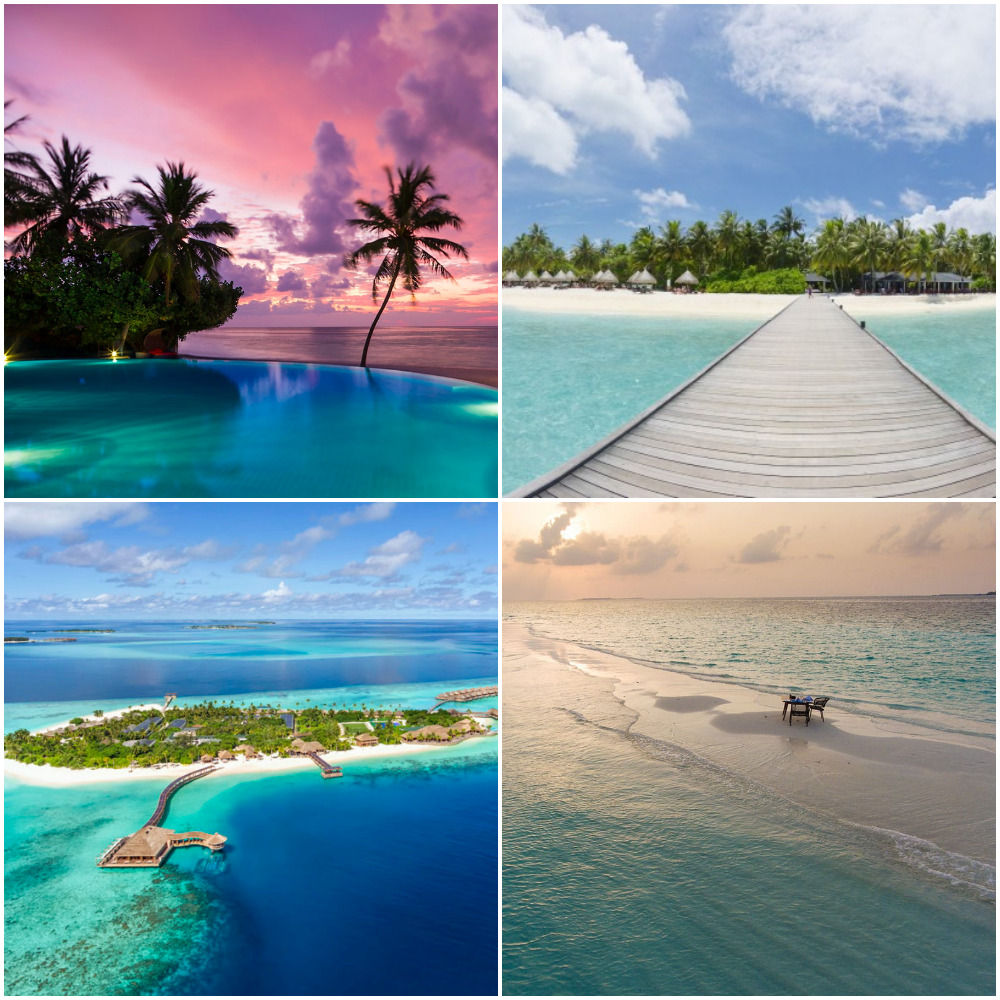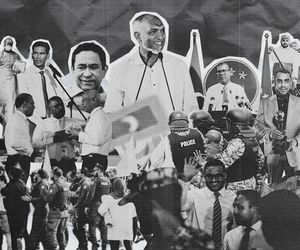Sun, sand and politics: How tourism tycoons influence elections in the Maldives
Maldives tourism is politicised partly because of how it emerged.

19 Sep 2018, 09:00
Omkar Khandekar
Ibrahim ‘Full Moon Ibby’ Rasheed would often get calls from the office of Maldives president Maumoon Abdul Gayoom before elections in the nineties and noughties.
Rasheed, who worked as the general manager of resorts belonging to Universal Enterprises, Villa Group and Yacht Tours during that period, would then go up to his employees and “polish them up” as instructed by his caller.
When multi-party democracy was introduced in 2008 his employers – first Gasim Ibrahim and then MP Abdulla Jabir – wanted him to ensure his staff voted for the opposition Jumhooree Party.
He started visiting the islands of his employees to gauge and influence voter sentiment. Some of his employees and their families received TVs and video screen projectors for football screenings. For others he helped to build fitness centres and football stadiums. There was no way to check if recipients kept their word.
Become a member
Get full access to our archive and personalise your experience.
Already a member?
Discussion
No comments yet. Be the first to share your thoughts!
No comments yet. Be the first to join the conversation!
Join the Conversation
Sign in to share your thoughts under an alias and take part in the discussion. Independent journalism thrives on open, respectful debate — your voice matters.




